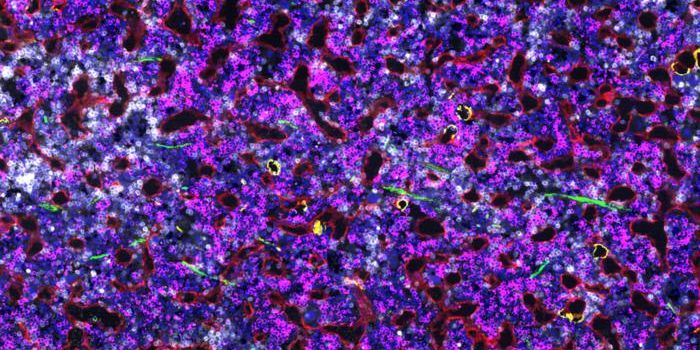A Gut Bacterium That Causes Immunodeficiency is Discovered
The microbes in the human gastrointestinal tract can have a massive influence on our bodies. Research has shown that these microbes are not only linked to various gut diseases and certain types of cancer, the gut microbiome has also been associated with different aspects of mental health and chronic disease. As research into the gut microbiome advances, scientists are beginning to identify specific microbes that have a direct link to certain disorders.
A new study has shown that a bacterium called Tomasiella immunophila (T. immunophila) can weaken the immune system in the gut, and could play a role in certain gut diseases. This microbe can interfere with a critical part of the protective immune barrier in the gut, which keeps the gut microbes there from affecting other parts of the body. When this barrier is disrupted or leaky, and the gut microbes or the molecules they produce start to leak out, serious problems can occur in other areas.
These findings, which have been reported in Science, could help identify new treatments for different diseases that affect the gut, such as inflammatory bowel disease.
“Our research represents a critical role of a specific component of the gut microbiome in human health and disease,” said senior study author Thaddeus Stappenbeck, MD, PhD, chair of the Department of Inflammation and Immunity at the Cleveland Clinic. The identification of this specific bacterium, has both broadened our understanding of gut diseases as well as presented new treatment options. "Pinpointing the culprit behind the breakdown of the gut’s protective adaptive immune barrier is a significant step toward developing much-needed therapies for conditions like inflammatory bowel disease, Crohn’s and ulcerative colitis.”
An antibody called SIgA can bind to microbes in the gut and stop them from affecting other areas of the body. But T. immunophilacan reduces the levels of SIgA, which can raise the risk of infection and increase inflammation.
This study has shown that in the gut, T. immunophila can increase the body's vulnerability to pathogens and interfere with the protective barrier in the gut. The gut barrier is not only made up of cells that create a physical wall, it also requires the help of molecules like SIgA.
“This study provides a new avenue to develop therapeutics to manipulate SIgA in the gut and improve health," said Michael Silverman, MD, PhD, of Children’s Hospital of Philadelphia.
Many patients are known to have this defect, raising their risk of intestinal infection and inflammation, added first study author and research associate Qiuhe Lu, PhD. “We surmised that a gut microbe that can degrade SIgA was the culprit. We believe that important therapeutic targets for a variety of inflammatory and infectious diseases in humans can be found through our work.”
Sources: Cleveland Clinic, Science









